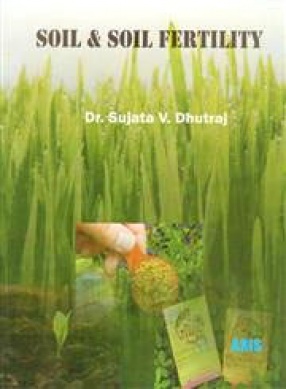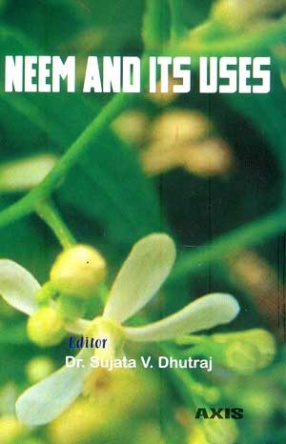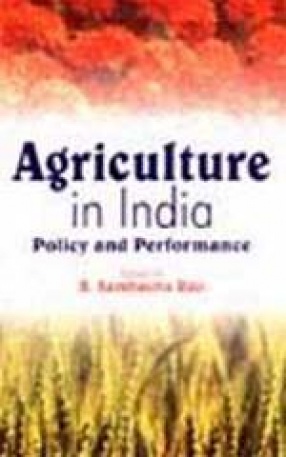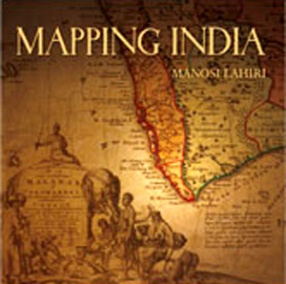Most soils are naturally quite fertile, but to maintain this, sometimes fertilizers are needed. Organic and inorganic fertilizers contain a range of nutrients in different proportions. On most soils the nutrients that need to be added regularly are nitrogen for vigorous growth, phosphates to encourage flowering and fruiting, and potassium or potash for strong roots. Organic is a popular alternative to synthetic fertilizers primarily because it’s natural, adds nutrient-rich matter to the soil, and improves the structure of the soil. The organic matter that makes up organic fertilizer feeds microorganisms contained in the soil, which in turn converts the organic matter into fertile compost. Another benefit of using organic fertilizer is the natural slow process of decomposition, organic fertilizer maintains compositional balance within the soil, which is better for all plant life.
This book focuses about the types of fertilizers, compositions and uses. Student from geography, agriculture, biotechnology and those who are studying for the sake of knowledge may be benefited most.






There are no reviews yet.